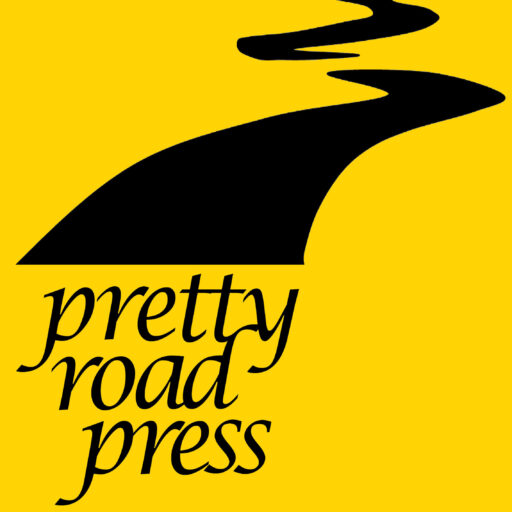If you want your book to be published, you’ll need an agent. The first task in getting an agent is sending out query letters. Avoid these 10 ten mistakes writers often make.
1. Writers treat a query letter as an after-thought, not giving it equal status to the book itself.
- Time spent leads to a well-crafted product that is a story in itself.
- Let the letter sit.
- Have all follow up information and attachments ready.
- Prepare your website and social media accounts so an agent can research them.
- Test your query with others – not just family.
2. They treat the query letter as a template, a one-size-fits-all letter that can go to any agent or publisher.
- Letters must be personalized.
- Agents must know why you are singling them out.
- Send one query at a time without multiple submissions.
- The agent must fit the writer’s genre, niche, and market.
- Know the distinction among agent, agency, and publisher.
3. They have been self-deprecating, writing as an amateur, with apologies and tell-tale signs that the author lacks confidence and professionalism.
- Write confidently, but without hubris.
- Don’t say, “This is my first book.”
- Don’t say, “I am still getting this edited.”
- Don’t confess, “I have been working on this for 10 years.”
- Don’t try to be funny.
4. Writers project false flattery or exaggerate mutual connections.
- Specify your connections to the agent, but don’t embellish.
- Note you met the agent at a conference or meeting.
- Don’t mention an agent’s book you have not actually read.
- Agents can see through compliments that are offered only as bait to get something in return.
5. They fail to quickly arouse curiosity or emotion in all component parts of the letter.
- Do not start with rhetorical questions.
- The introduction must have a hook that arouses interest and curiosity.
- Agents chose to represent you when they feel good emotionally about you, your story, and your skills.
- Pretty Road Press likes it when your letter has 1) an introductory hook, 2) a pitch of three to seven sentences, 3) your short biography, 4) a call to action.
- Nothing written can be vague. An agent must be able to clearly imagine in his or her own mind everything you portray.
6. The writer is too invested in the story to make the pitch short and compelling.
- What is the inciting incident?
- Stick to the main character and what the character wants.
- What is the major plot conflict? Can you compare it as a “log line?”
- Without revealing the ending, what is the transformation the character must make?
- A query takes days to write. Invest in making the pitch so interesting, the agent wants more.
- Don’t get into secondary characters, subplots, and backstory.
- Why is your story different?
7. An unsophisticated writer is overly protective and fearful of an agent stealing their ideas.
- Story ideas are not copyrightable.
- Don’t go overboard on trying to point out your copyright.
- Don’t say, “I’ll trust that you will keep my story confidential.”
- Trust the agent. They will have seen similar plot ideas.
8. The writer offers a biography that is boring, distant, long, and irrelevant to the project.
- Author biographies for fiction can be shorter than ones for non-fiction.
- Mention publishing credits and awards.
- Mention your involvement in writing-related organizations.
- Mention an MFA if you have one.
- A statement about your profession is only necessary if it is relevant to the book’s subject matter.
- Mention the extent and breadth of your platform if it is impressive.
- Be humble.
9. Writers don’t focus on their market.
- A writer must know who their potential audience is.
- You must prove you are connected to that target audience.
- You must have ways of interacting with your audience.
- You must only contact agents who are interested in that market.
10. Writers make mistakes.
- You’ve edited your book; you must edit your letters.
- Mistakes often happen when you make final last-draft corrections.
- One mistake will doom you.
- There are typographic mistakes; there are errors of fact; and there are errors of assumption.
Although dated, here is a resource you may like: The Writer’s Digest Guide To Query Letters by Wendy Burt Thomas





